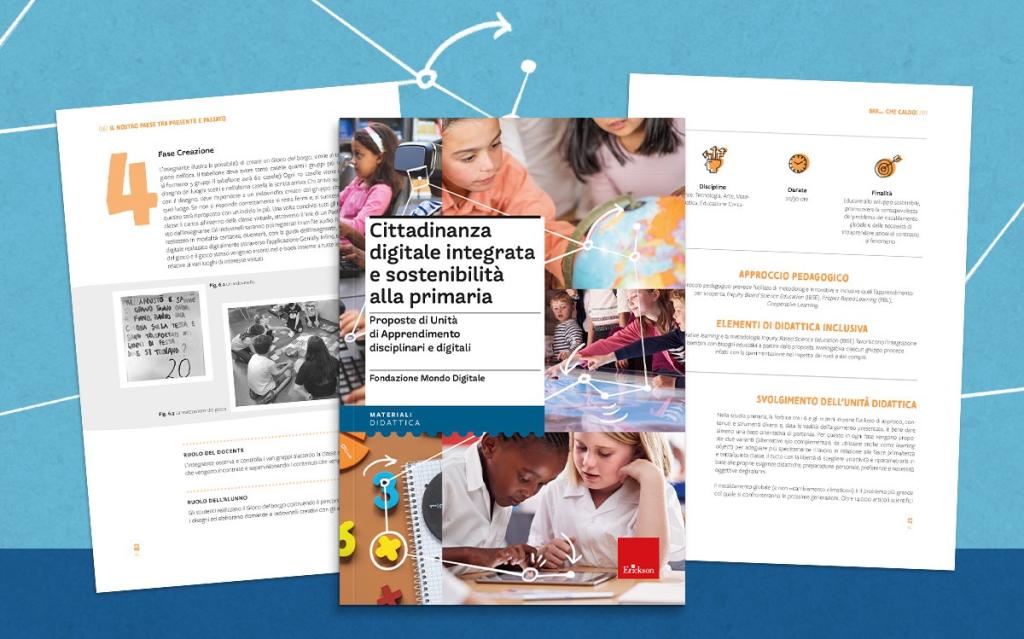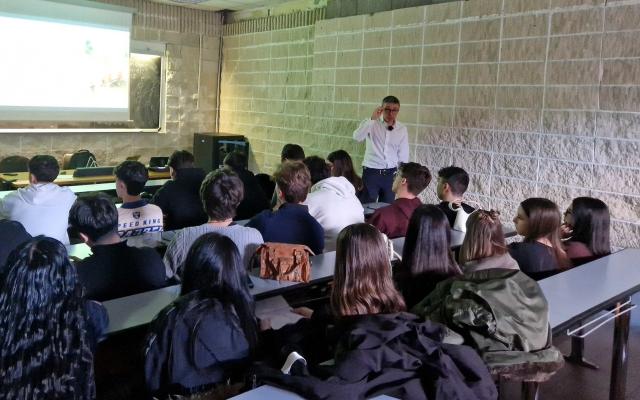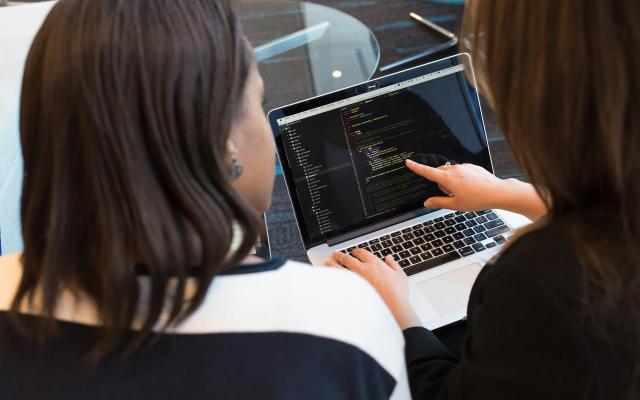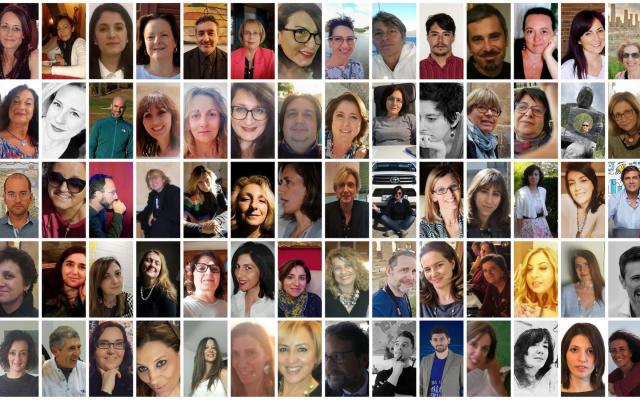How to address the issue in primary school with citizenship labs
“Global warming (and not “climate change”) is the greatest problem that will have to be faced by the future generations. Over 14,000 scientific articles analysed by the Intergovernamental Panel on Climate Change (IPCC, an investigative organization composed by over 195 countries on climate) reveal that global warming is a human responsibility, notwithstanding the fact that many “adults” are incapable of reading the data, comparing models, and recognizing the difference between facts and opinion. They are happily unaware, if not outright negationists. This educational failure calls for schools to develop new, responsible, active, and aware citizens, who can recognize the validity of sources,” write the five teachers who collaborated on the first didactic unit of the Integrated Digital Citizenship and Sustainability for Primary School textbook, published by Erickson. The authors are Mauro Crepaldi, Giorgia Moschini, Lara Rollo, Barbara Avella, and Angela Fumasoni.
The aim of the first lab entitled “Brrr… che caldo!” is to “explain global warming to children without generating the excessive misconceptions that can inevitably arise due to the necessary simplifications required for the age group.”
The lab is based on “cooperative learning.” This inquiry-based science education (IBSE) promotes the integration of children with special educational needs starting from the investigative question: each group experiments based on its roles and tasks.”
So, how should this issue be face in class? The publishing house provides a preview of a selection of textbook pages … If you like the proposal, just purchase it at a bookshop or on-line and start experimenting with your class.
If you have ideas or project that you have already successfully experimented, contact the “Our School” Professors. It’s an open community. Write to Francesca Aghemo at f.aghemo@mondodigitale.org





